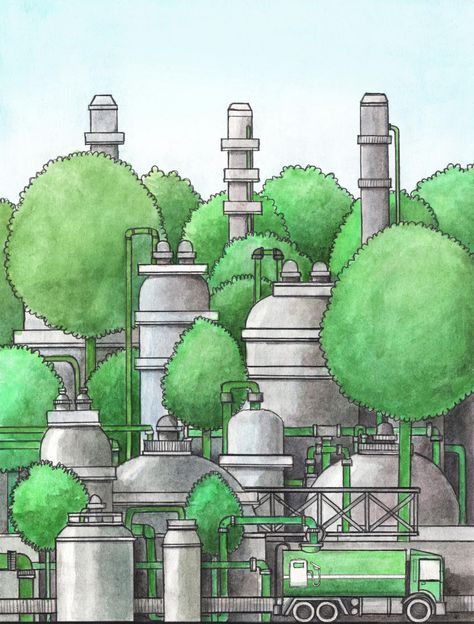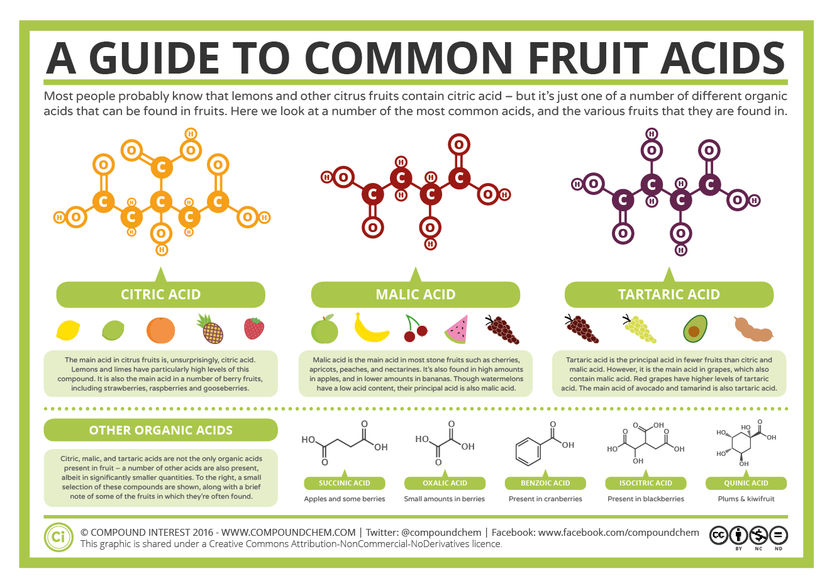Colitis in infants caused by their own intestinal flora?
The existing explanatory model for the development of a special form of colitis in infants is currently being called into question: Whereas it was previously assumed that the cause is an allergic reaction to cow's milk proteins, there is increasing evidence that an imbalanced intestinal flora is responsible for the blood-streaked stools. In an Austrian Science Fund FWF project, Martin Hoffmann from the Medical University of Graz is now systematically examining this new evidence for the first time.
Distal allergic proctocolitis, as it is known, is an inflammation of the rectum and colon that rarely occurs in infants. The leading symptoms (bloody stools) are alarming for both parents and physicians, although the affected infants appear to be otherwise healthy. It is generally assumed that the cause of the disease is an allergic reaction to cow's milk proteins. Indeed, in most cases, the inflammation disappears when the infant's nutrition is changed. But Martin Hoffmann believes there is another cause – and will now investigate this in the context of a systematic study.
Microbiome research
"There are good reasons to assume that a change in the intestinal flora is the true cause of infant proctocolitis", says the pediatrician, who has already found solid evidence for this hypothesis in initial studies. For instance, preliminary studies in infants with proctocolitis showed the far more frequent occurrence of the bacterium Klebsiella oxytoca. Although this bacterium is known to be able to trigger colitis in connection with treatment with antibiotics, the symptoms are not identical to those for infant proctocolitis. Hoffmann therefore proposes that the bacterium is not the actual cause: "The more frequent occurrence of Klebsiella oxytoca is probably a consequence of an overall change in the intestinal flora, a so-called dysbiosis. If the normal balance of the intestinal flora is upset, harmful bacteria such as Klebsiella oxytoca can run rampant." The current therapy concept of changing the infant's nutrition by eliminating cow's milk would then result in the normalisation of the intestinal flora and not – as previously assumed – in the termination of allergic reactions.
Mounting evidence
Hoffmann's assumption is, in fact, shared by international colleagues who likewise analysed the composition of the intestinal flora of infants with proctocolitis – and were able to detect clear changes. Further indications that the existing explanatory model of an allergic reaction should be questioned came from studies that searched for specific evidence of allergic reactions – and none could be found.
Clarifying study
To clarify more precisely whether the intestinal flora of infants with proctocolitis is comprehensively altered, an extensive study will now be conducted in Graz using stool samples from up to 130 infants. The study will compare stool samples of infants with and without proctocolitis. One of the challenges for the project is to register all the different types of bacteria. The tool of choice is a genetic method known as 16s-rRNA analysis. This method examines special genetic sections, making it possible to differentiate a broad range of different types of bacteria.
Flexible intestinal flora
Hoffmann explains a further challenge for the project: "In fact, the intestinal flora of children changes naturally over the course of their first year. Against this backdrop, it is difficult to register additional changes due to illness. We will therefore analyse for each child individually how the intestinal flora changes within an eight-week period – and we expect to detect different patterns in the two study groups. That would be a clear indication that a dysbiosis is indeed responsible for the infant proctocolitis." The confirmation of this hypothesis would then be sufficient reason for Hoffmann to consider a paradigm shift in the explanatory model – and also in the therapy – of cow's-milk-protein-associated infant proctocolitis.
Most read news
Topics
Organizations
Other news from the department science

Get the life science industry in your inbox
By submitting this form you agree that LUMITOS AG will send you the newsletter(s) selected above by email. Your data will not be passed on to third parties. Your data will be stored and processed in accordance with our data protection regulations. LUMITOS may contact you by email for the purpose of advertising or market and opinion surveys. You can revoke your consent at any time without giving reasons to LUMITOS AG, Ernst-Augustin-Str. 2, 12489 Berlin, Germany or by e-mail at revoke@lumitos.com with effect for the future. In addition, each email contains a link to unsubscribe from the corresponding newsletter.





















































